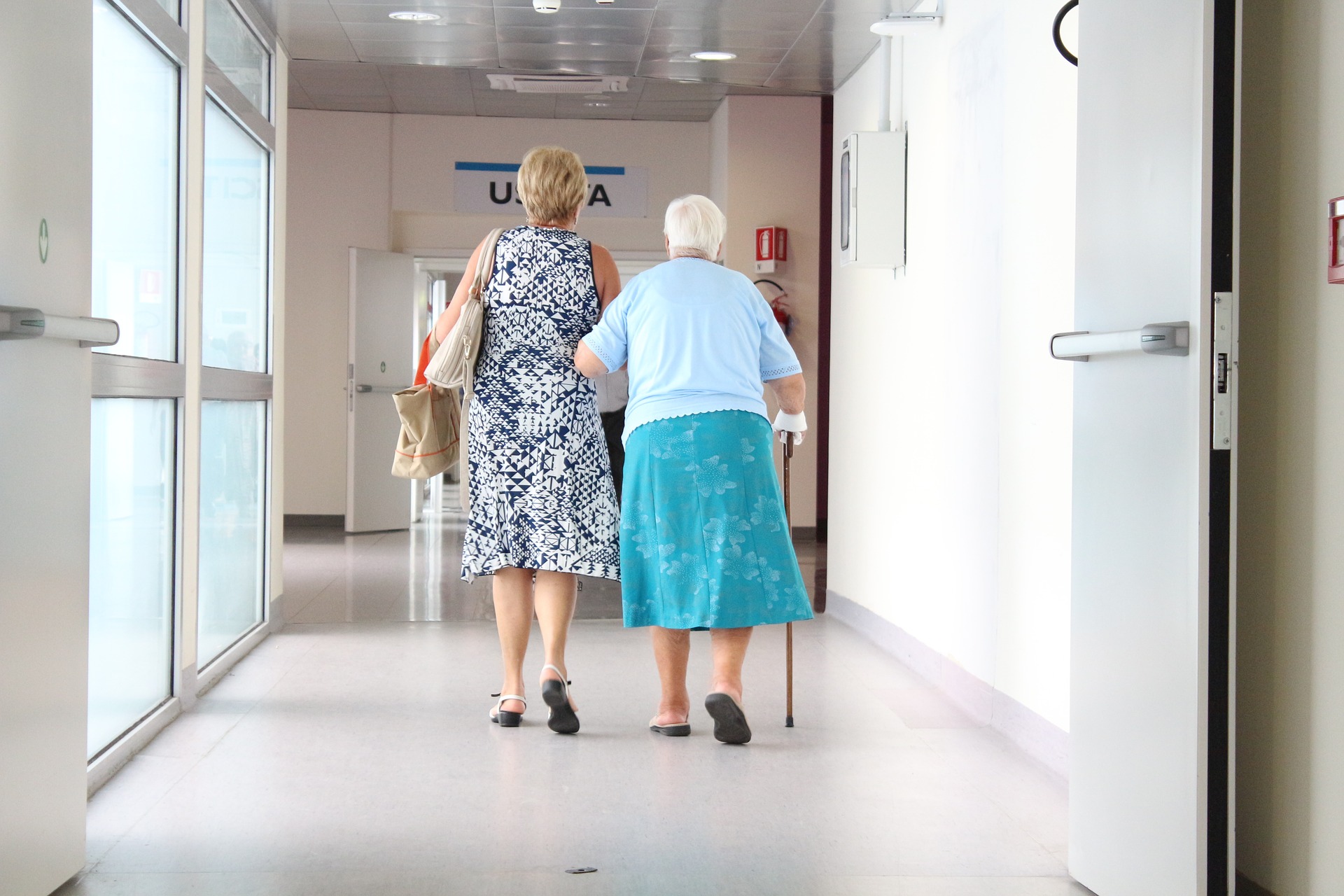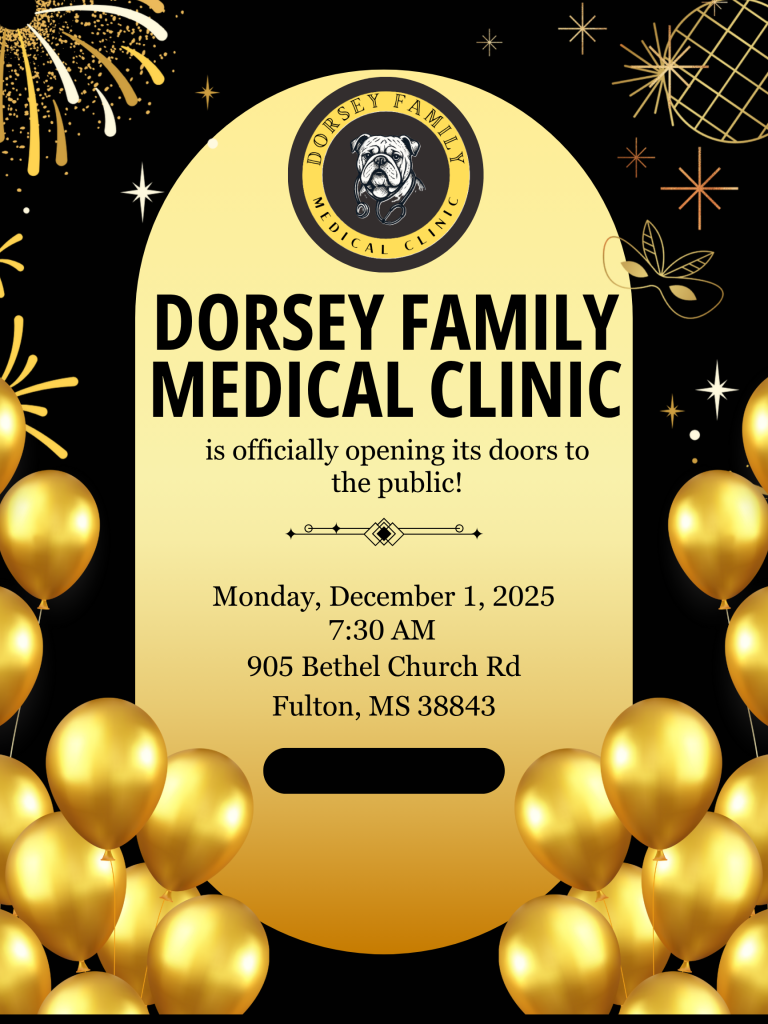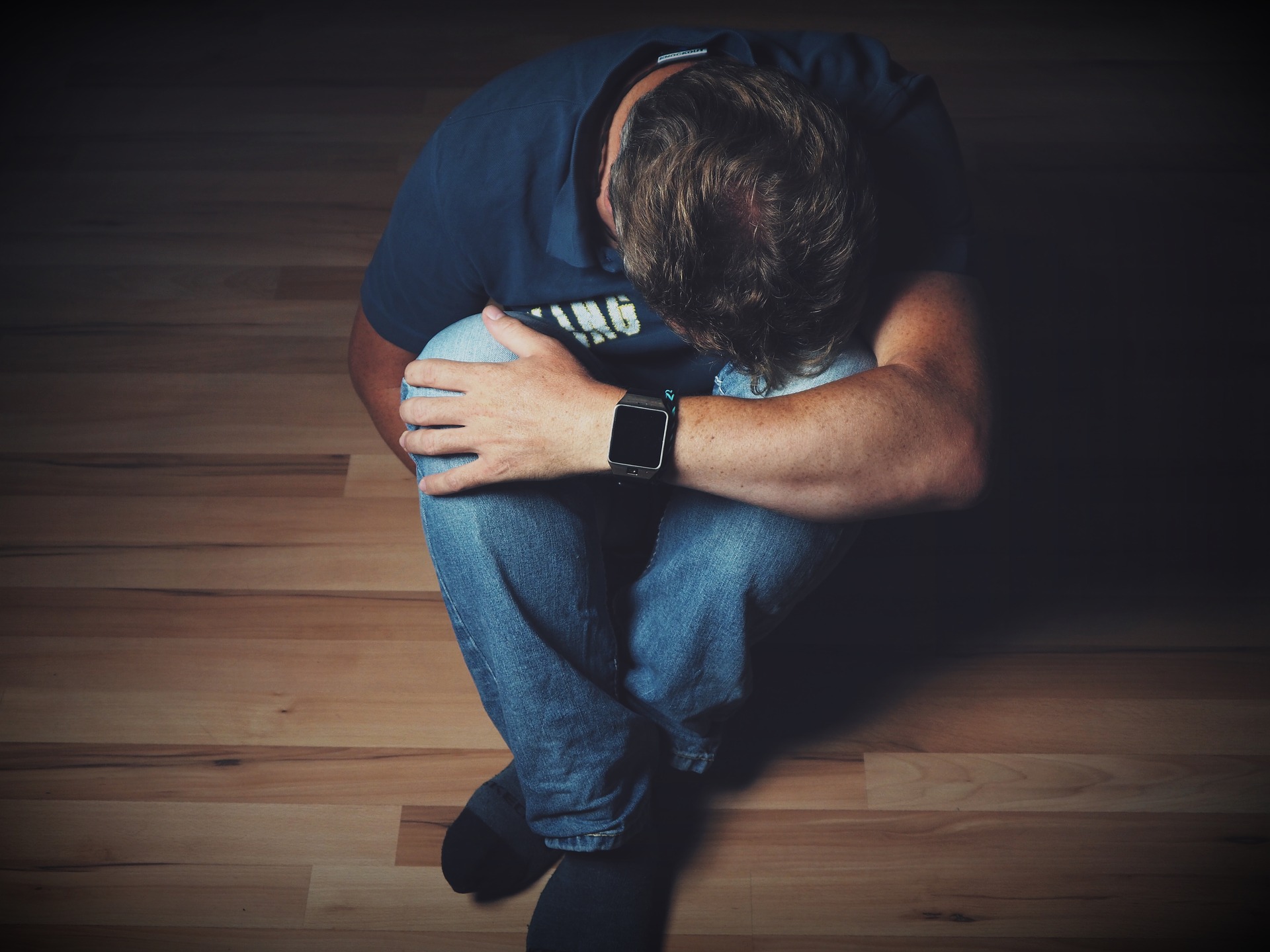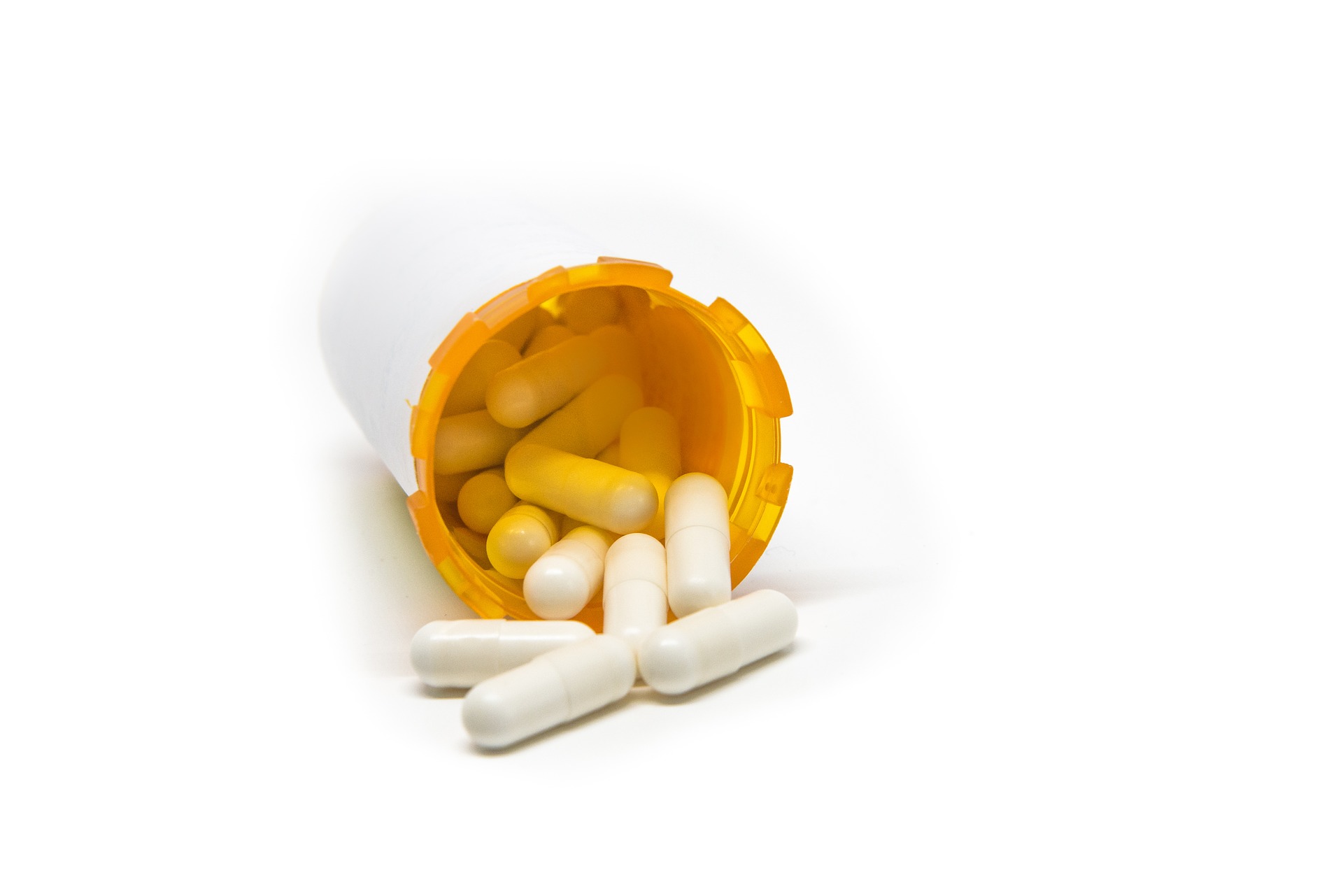
Earlier this year, the American Medical Association (AMA) reported an overall 22% decrease in opioid prescriptions in the U.S. between 2013 and 2017. Blue Cross Blue Shield (BCBS) found prescriptions among their members decreased by an average of 29% in that same time frame.
In Mississippi, BCBS reported a 43% decrease in opioid prescriptions from 2013 through 2017. They also found more than 50% of new opioid prescriptions in Mississippi met the dosing and duration guidelines set by the CDC.
While these numbers show promise, they do not mean the opioid crisis is over. It does show doctors recognize the problem and are initiating a decrease in opioid prescriptions and opioid addiction. Mississippi continues to have one of the highest opioid use disorder rates in the nation. In Mississippi, 6-9 people out of every 1,000 reporting the disorder.
Reducing the number of opioid prescriptions and avoiding long-term high doses of opioids especially with first prescriptions paves the way to reducing new cases of opioid addiction cases. However, we must continue the work to care for those in our state who suffer from this addiction. Talking about opioid addiction, removing the stigma of getting help and providing more comprehensive counseling to addicts and their families continues to be a priority for our behavioral health team.
We’d like to talk to your community, church or school group about the advances in the opioid epidemic as well as what you can do to help us fight for affected community members. Please contact our community educator, Debbie Pannell, LMSW, in our behavioral health center to schedule a time for her to speak to your group.




 Did you know Lee County is the #4 county in the state for opioid deaths?
Did you know Lee County is the #4 county in the state for opioid deaths? 
